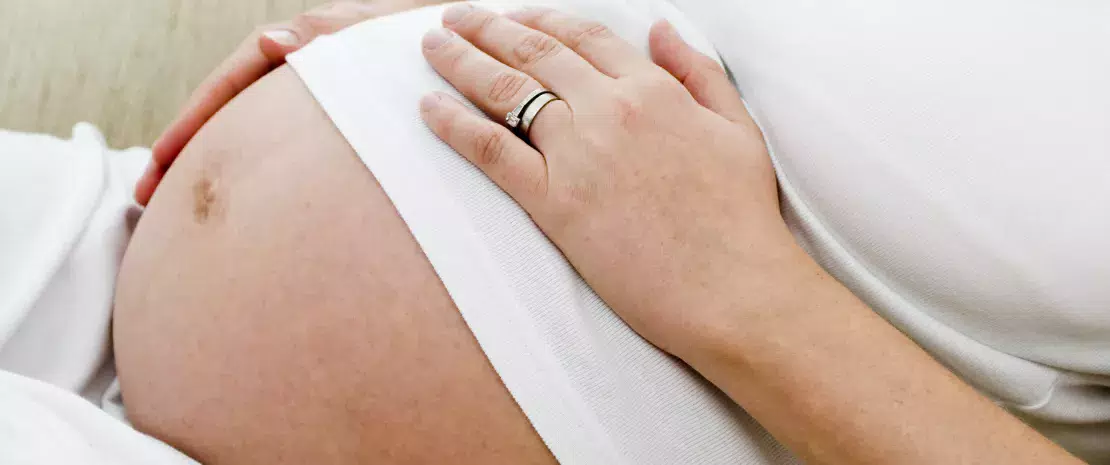Maternal obesity during pregnancy and delivery mode
Press review
By Pr. Ener Cagri Dinleyici
Professor in Pediatrics, Eskisehir Osmangazi University Faculty of Medicine; Department of Pediatrics, Eskisehir, Turkey
Lay public section
Find here your dedicated section
Sources
This article is based on scientific information
Sections

About this article
Author
They shape infant microbiota composition and weight status at one and three years of age
Obesity is a global health problem in children as well as adults, and microbiota composition and alterations in patients with obesity have been evaluated. There is an increasing trend for Caesarean delivery worldwide. Excessive maternal weight or obesity during pregnancy is associated with higher rates of Caesarean delivery, and children delivered by Caesarean section are more likely to develop obesity compared to those delivered vaginally.
Study of microbiota and weight status in 935 mother-infant pairs
Microbiota composition and alterations in patients with obesity and new-borns delivered by Caesarean section have been previously evaluated [1]. The Canadian Healthy Infant Longitudinal Development (CHILD) study is a prospective longitudinal birth cohort study which is designed to collect information at time points that are considered to be particularly critical to the health and development of children in terms of defining the influence of genetics, epigenetics, and the microbiome during early life [2]. Hein Tun et al. [1] enrolled 935 mother-infant pairs in the study, and evaluated maternal weight status during pregnancy, infant gut microbiota composition (including 16S ribosomal RNA sequencing) after a median of one month, and body mass index z scores adjusted for age and sex at one and three years of age.
Their results revealed that 7.5% of infants were overweight at the age of one, and 10.4% were overweight at the age of three. Infants born vaginally to overweight or obese mothers were three times more likely to be overweight at the age of one, while Caesarean-delivered infants of overweight mothers had a five-fold risk of being overweight at the age of one. A similar risk was apparent at the age of three. An abundance in Firmicutes species in the infant gut microbiota, particularly Lachnospiraceae, is associated with excessive maternal pre-pregnancy weight and excessive childhood weight at the ages of one and three. The genera of Lachnospiraceae involved differed between infants delivered vaginally and those delivered via Caesarean birth.
Intergenerational transmission of overweight and obesity in case of cesarean delivery
This study of 935 mother and infant pairs revealed evidence of a novel sequential mediator pathway involving birth mode and greater abundance of Lachnospiraceae, regarding the inter-generational transmission of excessive weight and obesity, especially for Caesarean delivery. The prevention of obesity in women of reproductive age is widely recognised to be important both for their health and for that of their offspring. Hanson et al. [3] highlighted that interventions to reduce or prevent obesity before conception and during pregnancy could substantially contribute to achieving the global Sustainable Development Goals, in terms of health, wellbeing, productivity, and equity in current and future generations. Regarding the current progress towards understanding the microbiome, microbiome composition will play an important role in wellbeing in the future.






